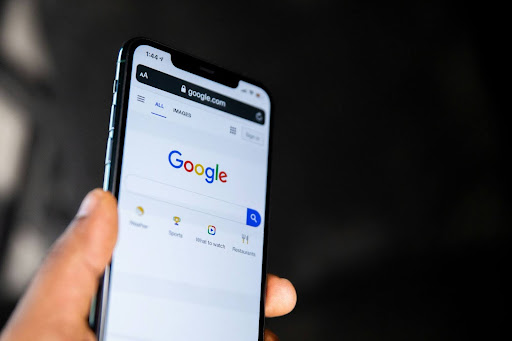
Let’s be honest — in marketing, we live and die by data. We tweak, optimize, pull back, push harder... all based on what the data tells us. When the data is right. Because we’ve all been there: a campaign looks like it’s poppin' off, clicks galore — but conversions? Crickets. Cue the spiral.
But at this year’s Google Marketing Live, the message was loud, clear, and a little sexy: Data isn’t just important — it’s the main character. And Google brought receipts, AI magic, and some seriously cool tools to make sure we can trust what we’re looking at.
Here’s what I loved (and what you need to know).







